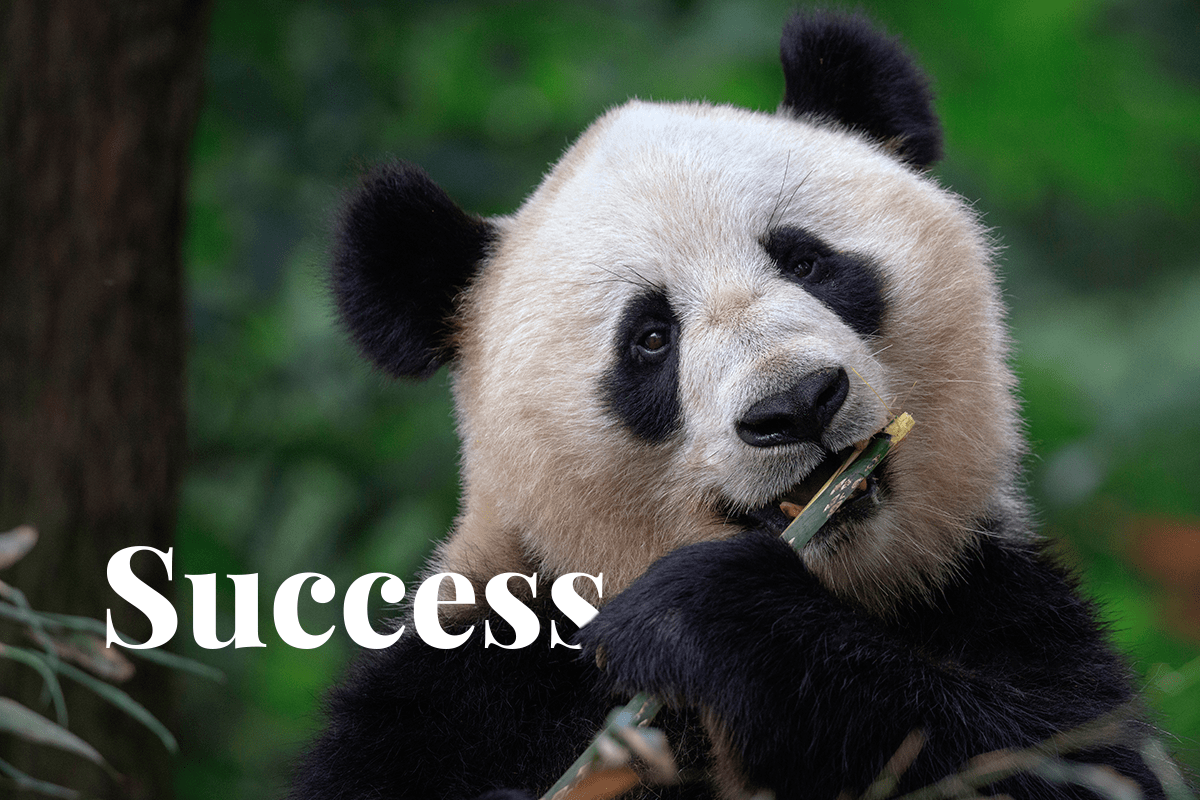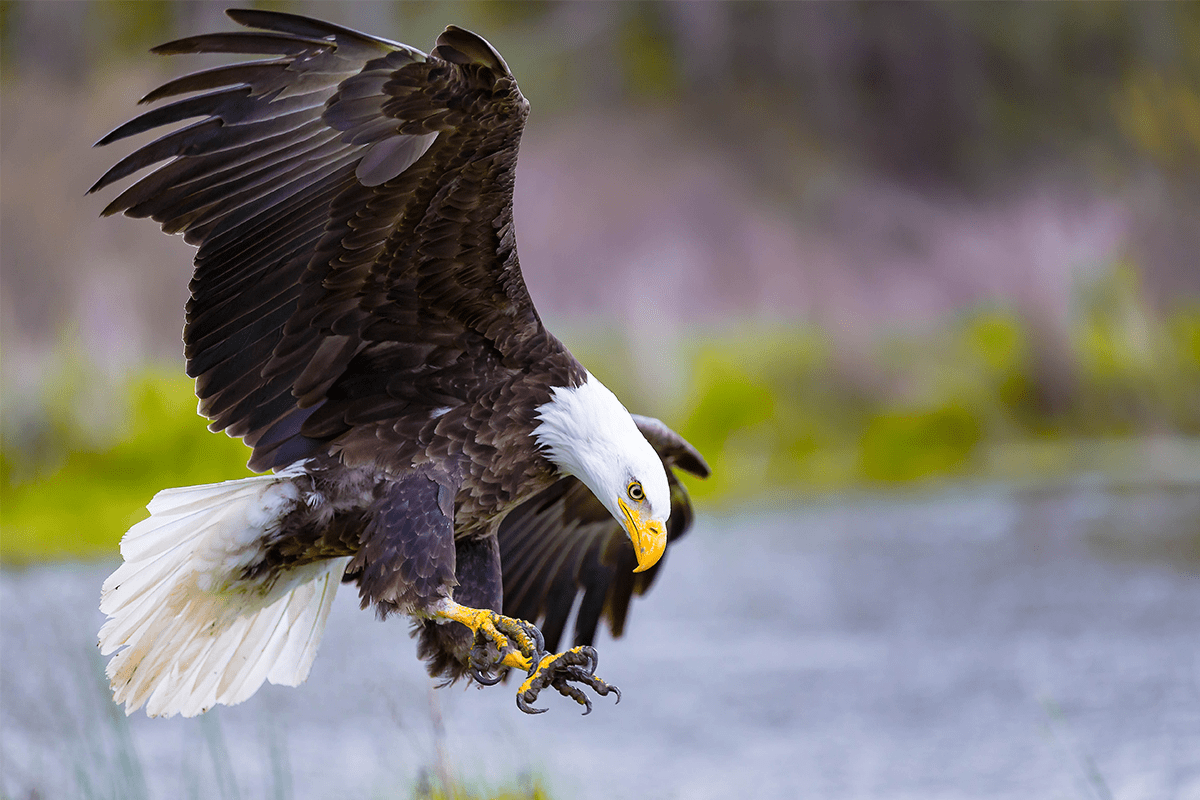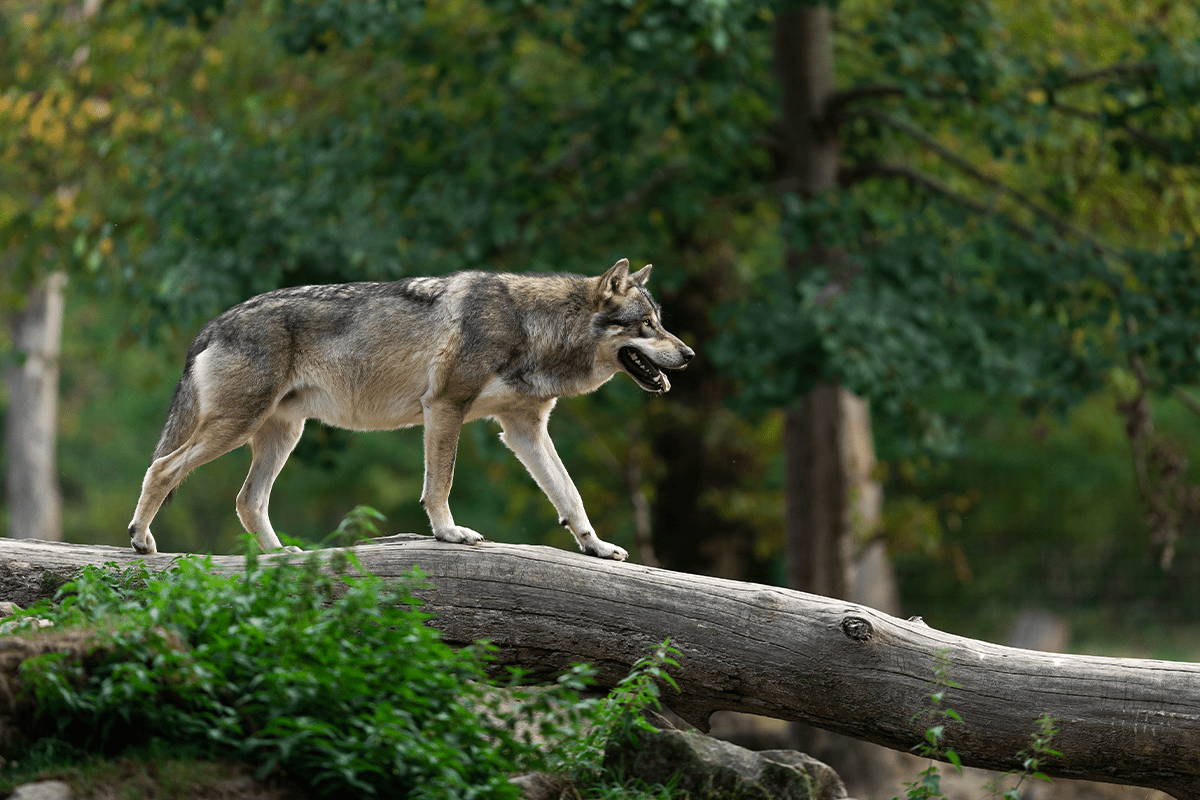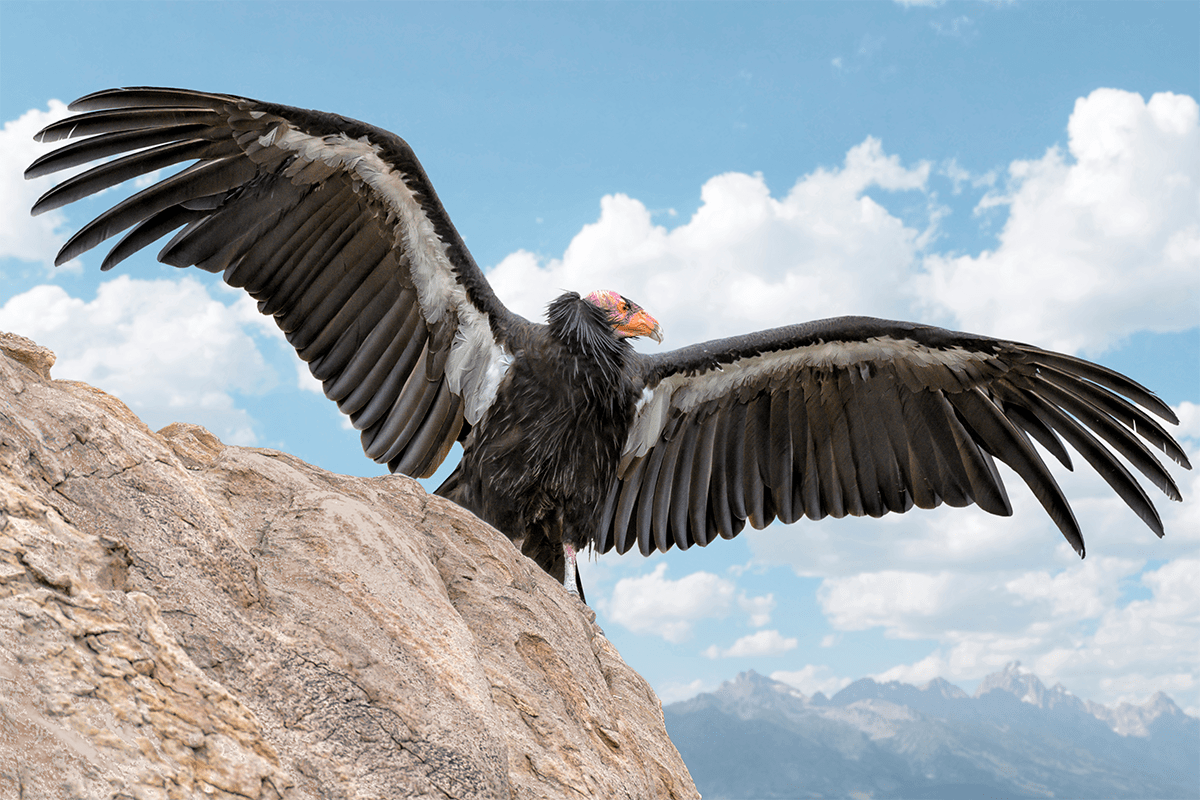Endangered species are species that are at risk of extinction, facing threats such as habitat loss, poaching, and pollution. Conservation efforts are crucial in protecting and saving endangered species from extinction. Over the years, there have been numerous successful conservation efforts that made a significant impact in saving endangered species. In this article, we will explore examples of successful conservation efforts that brought four endangered species back from the brink of extinction, highlighting their impact on species recovery and conservation.
 Giant panda eating fresh bamboo, China.
Giant panda eating fresh bamboo, China.
The giant panda
The giant panda, native to China, is one of the world's most iconic and endangered species. With its distinctive black and white markings, the giant panda has captured the hearts of people worldwide. However, due to habitat loss and low reproductive rates, the giant panda population declined drastically. As a result, conservation efforts, such as habitat restoration, captive breeding programmes, and anti-poaching measures, have been implemented to save the giant panda.
These efforts significantly increased the giant panda population from around 1,000 individuals in the 1970s to over 2,000 individuals today. The International Union for Conservation of Nature (IUCN) deems the giant panda as a vulnerable species, observing an increasing population trend. The successful conservation efforts for the giant panda have not only helped increase their population but also preserved their habitat and raised awareness about the importance of wildlife conservation.
The bald eagle
The bald eagle, the national bird and symbol of the United States, is another success story of endangered species conservation. In the 20th century, the bald eagle population faced a severe decline due to habitat loss, hunting, and the use of pesticides. Conservation efforts, including habitat restoration, reintroduction programmes, and banning harmful pesticides, such as DDT, played a crucial role in saving the bald eagle.
As a result, the bald eagle population rebounded from fewer than 500 pairs in the 1960s to over 71,000 pairs today. The successful conservation efforts for the bald eagle have not only helped in their recovery but also had a positive impact on the overall health of the ecosystems they inhabit.
 Hunting bald eagle.
Hunting bald eagle.
Read more: Africa’s elephants are two different species, and both are endangered
The gray wolf
The gray wolf, once widespread throughout North America, Europe, and Asia, faced extensive persecution and habitat loss, leading to its decline and endangered status in many areas. Conservation efforts, including habitat protection, reintroduction programmes, and public education, have been instrumental in saving the gray wolf. As a result, the gray wolf population rebounded in many areas, including parts of the United States, Canada, and Europe. Since the last population census in 2018, the gray wolf population has been estimated at 200,000 to 250,000. The successful conservation efforts for the gray wolf have not only helped in their recovery but also had a positive impact on ecosystem health by regulating prey populations and promoting biodiversity.
 Grey wolf in the forest.
Grey wolf in the forest.
The California condor
The California condor, one of the most endangered birds in the world, faced extinction due to habitat loss, hunting, and lead poisoning. Conservation efforts, such as captive breeding programmes, habitat restoration, and lead reduction programmes, have been critical in saving the California condor. Today, the California condor population increased from a low 27 individuals in the 1980s to over 500 individuals in the wild and captivity (last counted in December 2022). The successful conservation efforts for the California condor prevented their extinction and raised awareness about the dangers of lead poisoning in wildlife and the need for continued conservation efforts.
 California condor on a rock.
California condor on a rock.
DGB Group’s dedication to conservation efforts worldwide
Conservation efforts have proven to be effective in saving endangered species from the brink of extinction. The success stories of species like the giant panda, bald eagle, gray wolf, and California condor highlight the importance of conservation efforts in protecting and recovering endangered species. These efforts contribute to the recovery of endangered species and positively impact ecosystems, habitats, and public awareness about wildlife.
At DGB Group, we recognise the essential role of healthy ecosystems in saving endangered species. Our commitment to nature is not only about planting trees, but also about creating and restoring habitats that provide shelter and food for endangered species. By preserving and restoring natural habitats, our projects indirectly but significantly impact the conservation of endangered species, supporting their survival and recovery efforts.
We are proud to contribute to the conservation of endangered species through our reforestation initiatives, and we will continue to work towards a greener and more sustainable future for our planet. Within our nature restoration project in Uganda, DGB is working with local communities on restoring the natural habitat of the Bulindi chimpanzee community by planting indigenous tree species in deforested areas to help rebuild their lost habitat.
Join our nature-restoration efforts






